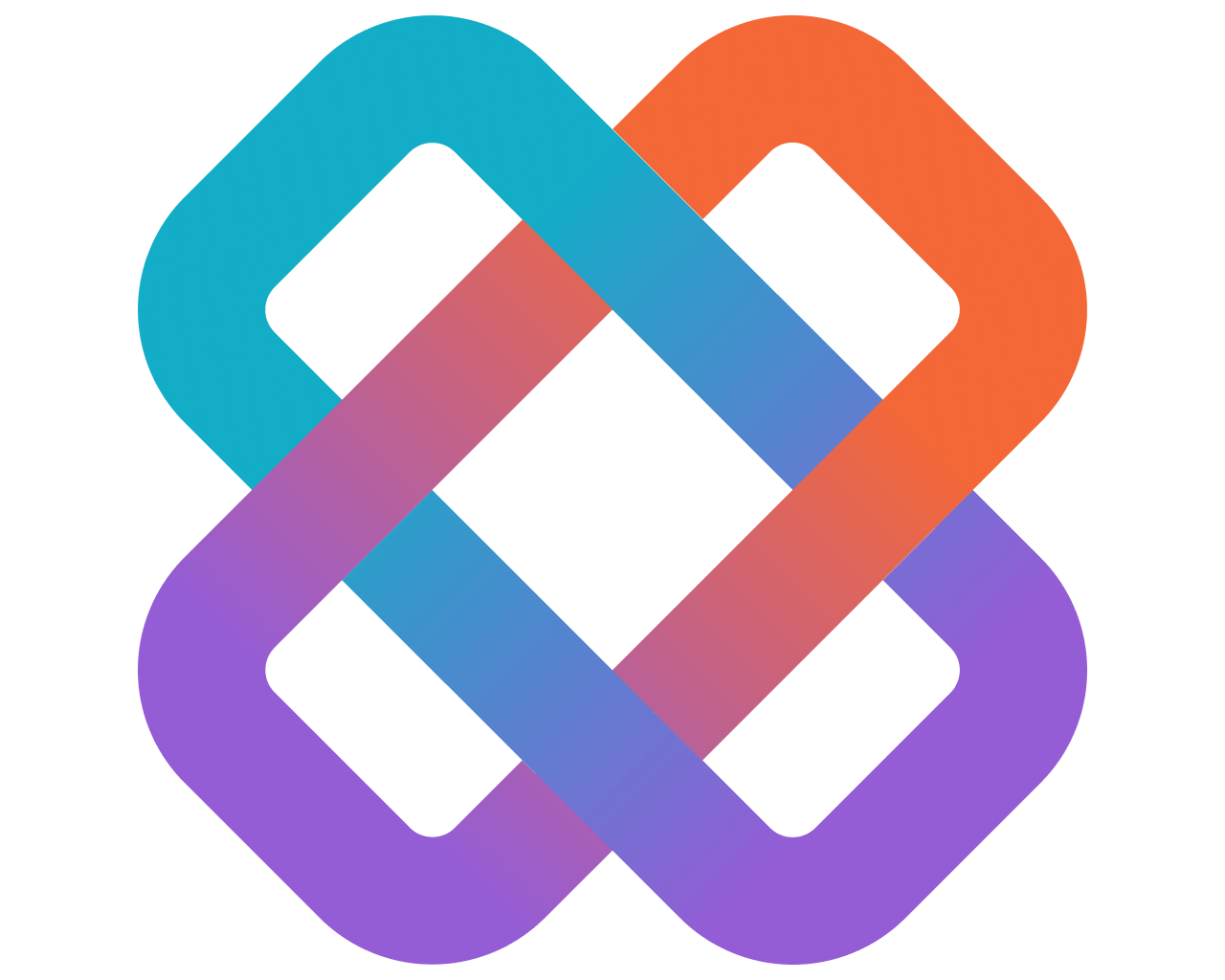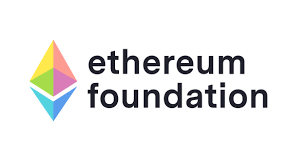Position DescriptionThe Data Migration Developer will be responsible for managing and executing data migration processes, ensuring the seamless transfer of data from a legacy Permitting system to a SAAS product.
Role and Responsibilities · Data Analysis and Mapping - Analyze source and target data sources/databases, understand data structures, and create data mapping documents to define the data migration strategy. · ETL Development - Develop, test, and implement ETL scripts and workflows to extract, transform, and load data from source systems to destination systems. · Data Validation - Implement data validation processes to ensure data quality and integrity throughout the migration process. · Documentation - Maintain detailed documentation of data migration processes, including scripts, configurations, and error handling procedures. · Collaboration - Collaborate with project managers, database administrators, stakeholders, and other IT professionals to plan and execute data migration projects on-time and within budget. · Performance Optimization - Optimize data migration processes for efficiency and performance, minimizing downtime and disruptions. · Troubleshooting - Identify and resolve data migration issues, including data transformation errors, data loss prevention, and data reconciliation. · Data Security - Ensure data security and compliance with relevant regulations during migration, including data encryption and access controls. Qualifications · Bachelor's degree in Computer Science, Information Technology, or a related field. · Proven experience in data migration projects, including ETL development. Skills Requirements· Proficiency in software development and scripting languages (e.g., SQL, C#, VB.NET) and ETL tools (e.g., SSIS, Azure Data Factory, Power BI Dataflow). · Strong database management skills (MSSQL, Flat Files, GIS data, and the like). · Knowledge of data modeling and data warehousing concepts. · Excellent problem-solving and troubleshooting abilities. · Strong communication and teamwork skills. · Attention to detail and a commitment to data accuracy. · Experience with cloud-based data migration (e.g., Azure). · Familiarity with data integration and synchronization tools.
Related Jobs

Security Engineer Ubuntu

Senior Software Engineer

Test Automation Engineer

Senior Android Engineer

Lead Software Engineer

Senior Frontend Engineer

Data Engineer

Production Engineer

Senior Back End Developer

Senior Frontend Engineer Platform

IT Engineer

Senior Software Engineer Cloud Images

Senior Product Designer

Hands On Engineering Manager

Full Stack Software Engineer

Senior Front End Developer

Customer Success Manager

Senior Software Engineer .NET Core

Front End TypeScript Developer

